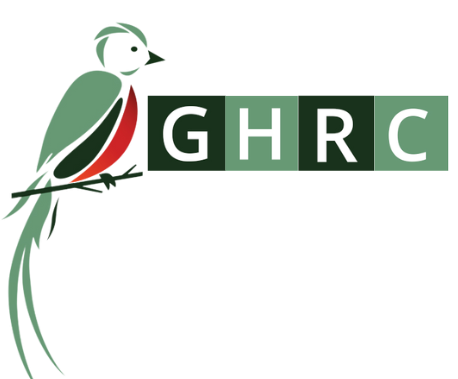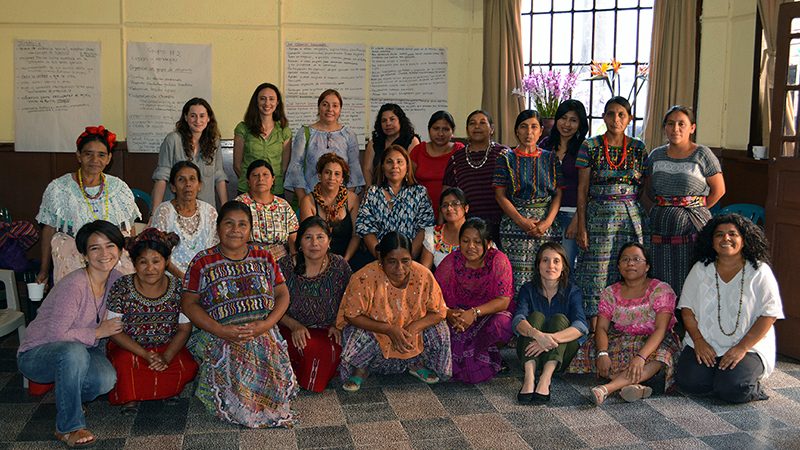WOLA | ICTJ | GHRC | CEJIL | DPLF | Impunity Watch | Plataforma Internacional contra la Impunidad
Guatemala City, Washington D.C. and San José, Costa Rica, March 2, 2016 –
The Guatemalan justice system declared an exemplary sentence to convict two of the men responsible for subjecting Q’eqchi’ women to sexual and domestic slavery on the military base located in the community of Sepur Zarco in the 1980s. On February 26, 2016 the High Risk Court A sentenced Lieutenant Colonel Esteelmer Reyes Girón to 120 years of prison for Crimes Against Humanity and murder, and the Military Commissioner Heriberto Valdez Asij to 240 years for Crimes Against Humanity and Enforced Disappearance.
For over six years, 15 Q’eqchi’ women faced a long legal process, defying the great cultural and social obstacles that prevent talking about sexual violence in Guatemala. For many years they carried the stigma and guilt of being considered “women of the military” in their community, and they are now being recognized internationally for their bravery and integrity.
For the first time in a Guatemalan court sexual slavery was recognized as a Crime Against Humanity, applying international human rights standards. The sentence includes reparations to restore the dignity of the women through health programs and housing, as well as measures to educate future generations and the military about the severity of the violence against women and about the importance to respect human rights.
The signing organizations congratulate the High Risk Court A and the Public Prosecutor’s Office, especially the Human Rights Unit, as well as the Alliance to Break the Silence and Impunity – the concurring plaintiff in the case – for their valiant actions to ensure that the law is complied with. We congratulate the women of Sepur Zarco, and we hope that the sentence will be restorative for them, and for other women who still do not have justice for the horrors they suffered during the internal armed conflict. We hope that in this new chapter, the State will guarantee their security and dignity.
Sexual violence is unacceptable conduct in a democratic society, but nevertheless many women and girls continue suffering this offense today. The State should assume responsibility and recognize these atrocities that were committed against women and Indigenous communities in the past. The State should adopt more concrete measures to prevent and punish sexual violence and domestic slavery that is happening currently.
Guatemala City, Washington D.C., and San José Costa Rica, March 2, 2016.

